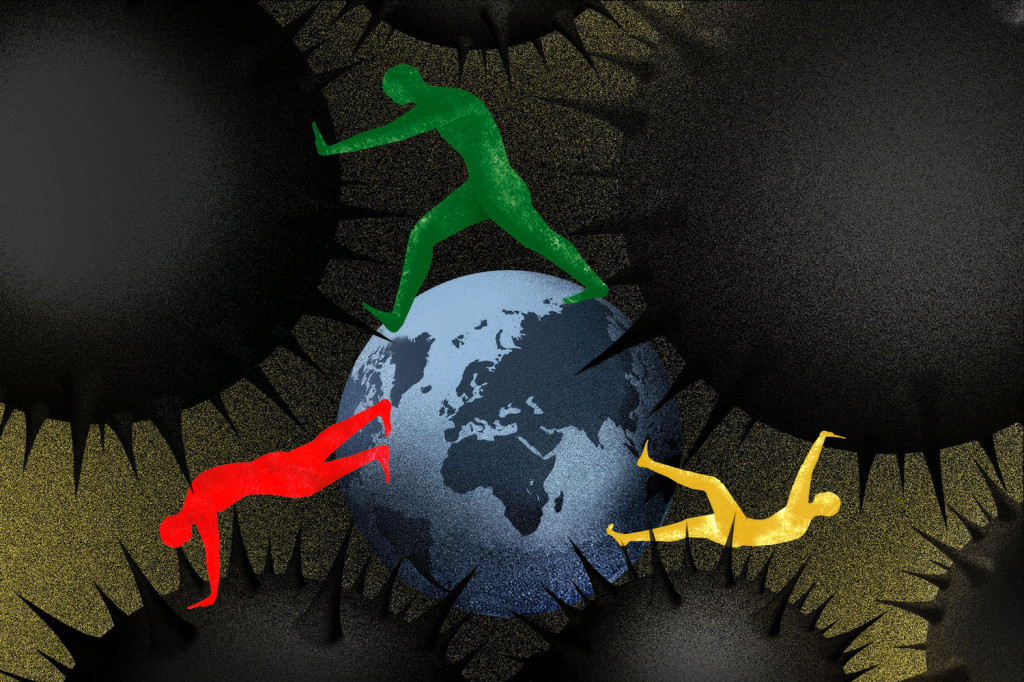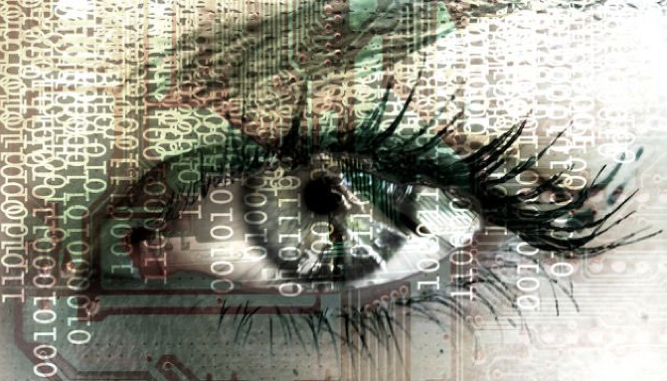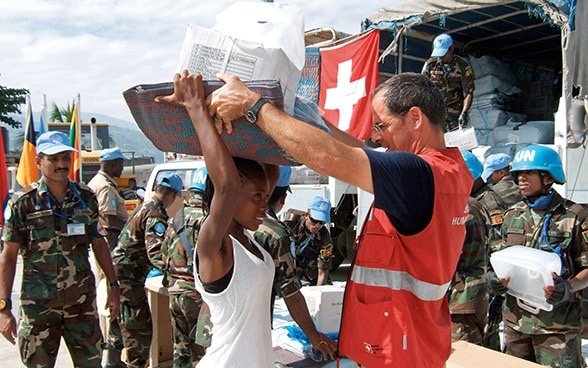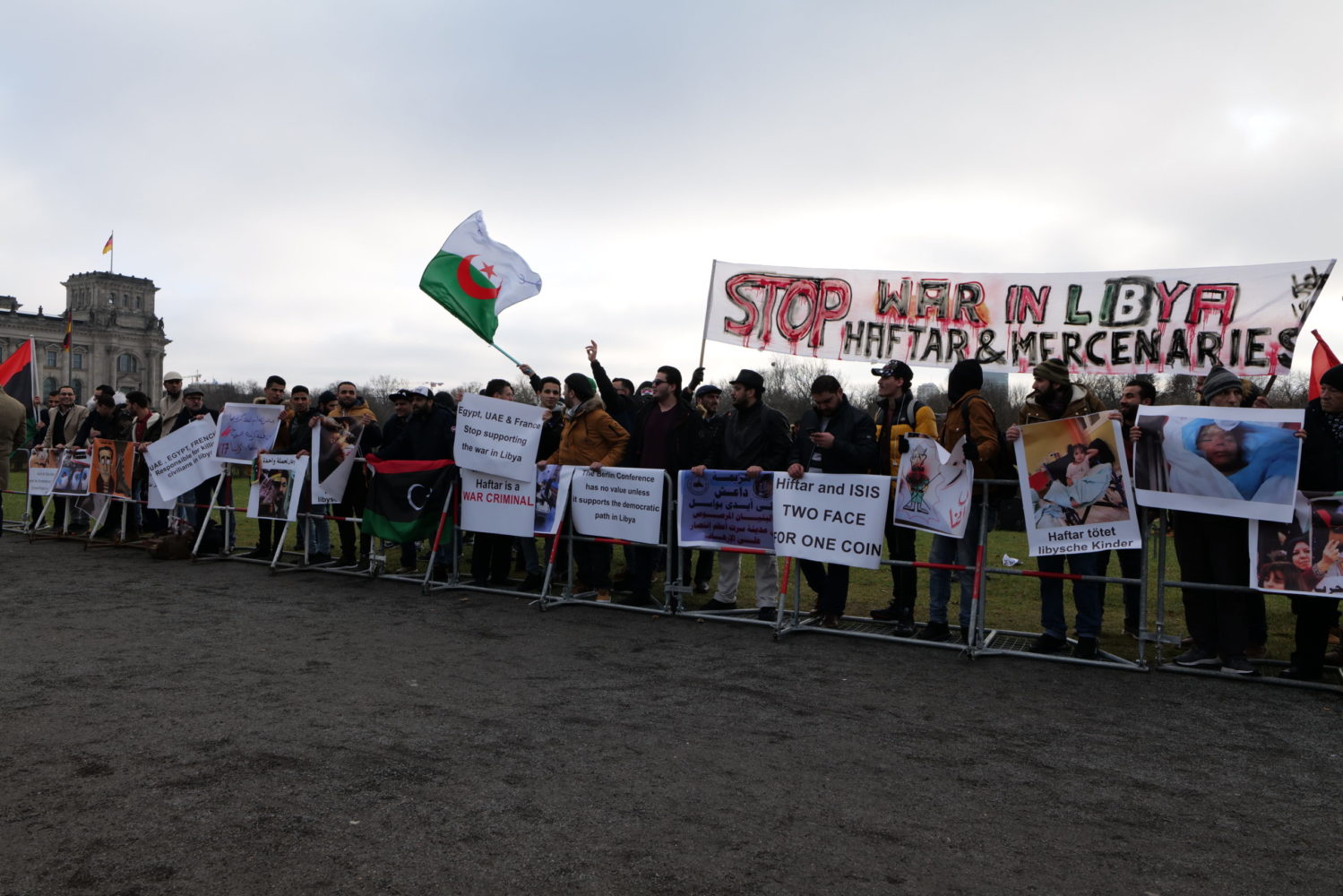THE SECURITY SECTOR AFTER THE PANDEMIC. What will happen in the post-pandemic period? What will be the responses of the security sector to the threats that will emerge after the health crisis?

By Giovanni Piero Spinelli, CEO & Director of Intelligence Division of STAM Strategic & Partners Group Ltd, April 2020
There are many questions about what will be in the post-pandemic period and how the recession, the arrest of the world economy and the contraction on growth could somehow trigger major security-related crises in the countries most affected by the virus.
Health threats are security threats and vice versa; therefore, they must be addressed jointly, both during the health emergency and especially afterwards, as the emergency is not limited only to the moment of confliction but also to deconfliction.
The involvement of the security sector in health crises and in responses to emergencies is now a constant that sees various players in the field both from institutions and from the private world, operating both internally and externally, clearly with different responsibilities, with an extension operational both regionally and internationally. The aftermath of anything is always very uncertain and it is clear that it creates many fears, certainly justified but many times built and engineered.
Analyzing specifically the post pandemic we cannot fail to think about the fact that situations of very high contingency could arise within a system with variable geometry, mainly due to the crumbling of old alliances or to their weakening and the birth of new realities, which are currently undefined and which will somehow affect the security of states and especially of society.
But even more striking will be the gap between society and institutions, this due and accentuated by social unease, exacerbated by both territorial inequalities and those between citizens, with the further erosion of the middle class and the more severe divergence between rich and poor .
Clearly I will not go into what might be possible authoritarian drifts, still not defined, but certainly an even important comparison between society and state is a definable and potentially defined event.
It is not easy to define this highly articulated asymmetry that has trapped the life of world society in a very compressed time horizon and of highly undefined duration, in addition to the precept of some basic rights of the citizen such as social segregation or even the right of protest, mixed with the lack of basic necessities that could trigger violent reactions that could extend up to the level of insurrectional retention.
It cannot be underestimated that dangerous precedents are occurring, which could give rise to a system with authoritarian drifts, this not in reference to a particular country or a particular geographical area, but at an interregional level.
It is not excluded that there may be a sort of liquidation of some democratic figure, through a kind of phantom suspension of constitutional rights that are somehow justified.
This would create an increase in escalation and confliction within the social fabric which in some way would impose a state of emergency, through rules that are not brazen but justified by the social emergency.
However, it is very clear what the impact of an attenuation of institutional guarantees would be, protracted over time: clearly the populations would not remain impassive.
FIE ACTIVITIES (FOREIGN INTELLIGENCE ENTITIES ACTIVITIES)
In the debate within the International Intelligence Community, questions are currently being asked about the possibilities of speculative intelligence activities within the catastrophic event (I refer to the pandemic) by FIE (Foreign Intelligence Entities), precisely in order to create new structures and alliances and crumble the old ones, with the aim of acquiring varied advantages and taking advantage of the absolutely non-formalized opportunity, both in terms of duration and modality.
Clearly the disinformation and manipulation activity could be widely used also towards society, which could become unaware, activated by the thermometer of the economic crisis, in order to support or overthrow this or that government or political party, depending on the level of convenience and pure political opportunity.
We have already said that in this particular post-pandemic situation the subject in question, that is, the FIE, have no limited purposes, but there could be an increase in the friction surfaces, in order to create necessary conditions to favor their countries with support of an ally who in turn would be the endogenous enemy of the compromised society.
ORGANIZED CRIME
The large criminal organizations, both regional and transnational, will be directly involved in the crumbling activities of the social stability structure. The support and welfare activities of society, and especially of the poorest classes, would become an operation in order to attract consensus, creating a multidimensional coordination aimed at coordinating any type of anti-system action, with principles that somehow refer to to civil and military cooperative concepts, with comparable models and in some respects adhering to the concepts of revolutionary war. Clearly the creation of pockets of armed populations would become inevitable, with a gradation that in some way would correspond more and more to an exasperated reality, disoriented and ready to undermine any consensus towards the central government.
This activity would push the state to negotiate with crime in order to avoid subversive activities and rebellions. This is already underway.
TERRORISM
Terrorism could be a highly active actor in both the pandemic and post-pandemic periods. It is important to remember that in this period the risk of contagion has forced many countries to demobilize and reduce military contingents from highly sensitive areas, which in a very short time could return to the hands of large terrorist organizations.
Terrorism could become a decisive actor, because as always it would become a vector of great disinformation, to which tasks and responsibilities would be attributed in the most unambiguous way possible, also of activities and attacks in which terrorist organizations would not be directly involved.
It could be a great element of struggle that would develop indifferently on all levels and in a multifaceted way, taking advantage of important peculiarities, even with the complicity of the economic crisis, which would induce governments to solutions and to implement the state of exception, justified from a kind of crisis management form. Formally, terrorism in all its facets could unknowingly be under a possible Praetorian-type subordination by those who would use it for their own social control purposes.
PRIVATE MILITARY & SECURITY COMPANIES
Within a scenario in which the characteristics of asymmetric globality and instability, not only economic but above all social, determine those conditions in which there is a surge in anthropic risks, at least from a substantial point of view, these private individuals o para governmental actors will become important protagonists, not only for the defense of the business but for many strategic interests not only regional but transnational, paradoxically managing to cover those institutional gaps, specially created or not. Certainly there will be an interoperability regarding the control roles against the various threats not only of an anthropic but also natural type. On the other hand, it is absolutely illusory to think that governments alone will be able to control degenerative situations in which the risks and threats could take on the appearance of a whirlpool capable of sucking up various areas of social life, severely compromised by the highly economic crisis pervasive
In these conditions, the PMS’C will acquire more space, guaranteeing the right compromise for the safety of different production sectors, with an increase of about 35%.




